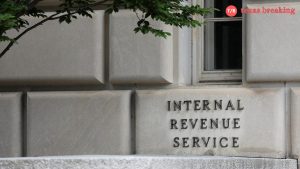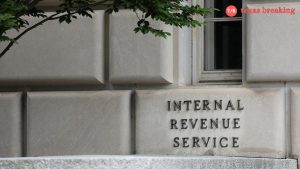A $12 billion property tax relief package aimed at providing relief to Texas homeowners and businesses has been approved by the Texas House, setting up a potential showdown with the Senate over conflicting tax-cut proposals. The proposal, known as House Bill 2, passed the House by a wide margin of 139-5 after gaining initial approval from the chamber the previous day, The Texas Tribune reported.

$12 Billion Property Tax Relief Package
The bill seeks to allocate $12 billion to Texas school districts so that they can lower property taxes on home and business owners, resulting in potential savings of over $1,000 for the owner of a $350,000 home over two years, according to estimates from House Speaker Dade Phelan‘s office.
The property tax relief package is part of the larger $17 billion proposed package by the House to address the issue of high property taxes in Texas, which has been a top priority for Republicans during this legislative session. However, the bill has drawn criticism from various quarters, including housing experts, business groups, and even some tax-cut proponents, such as Lt. Gov. Dan Patrick, who have raised concerns about the potential consequences of the bill.
One of the contentious provisions of House Bill 2 is the proposed tightening of the state’s “appraisal cap,” which limits how much a home’s taxable value can rise each year. The House proposal seeks to lower the cap from 10% to 5% and expand the benefit to owners of business properties, such as grocery stores, restaurants, and apartment complexes. Proponents of the bill argue that lowering the cap would provide predictability and stability for property owners who have faced significant property appraisal increases in recent years due to rapid economic growth and a booming housing market.
READ ALSO: $302.6 Billion Texas State Budget: Texas House Approves!
Critics of the Bill Warns
However, critics of the legislation warn that if the appraisal cap is tightened, it could result in significant disparities among property owners and an increase in housing expenses. They point to the experience of California, where a similar cap was implemented in the late 1970s and resulted in unintended consequences, including increased housing prices and reduced availability of homes for sale. Critics also argue that cutting the appraisal cap may not necessarily result in meaningful reductions in tax bills, as cities, counties, and school districts could potentially offset any lost revenue by raising tax rates.
The Senate has its proposal for a property tax relief package, which includes raising the state’s homestead exemption, giving additional tax credits to businesses, and providing relief to seniors. The Senate’s $16.5 billion property tax package passed the chamber last month but has not yet received a hearing in the House, leading to differences between the two chambers.
As the property tax relief package moves forward in the legislative process, it remains to be seen how the differences between the House and Senate proposals will be reconciled. Both chambers have expressed a commitment to addressing the issue of high property taxes in Texas, but the details of the final package will need to be worked out through negotiations and compromises.
READ ALSO: House Bill 2889: Tax Break For Big Families In Texas





